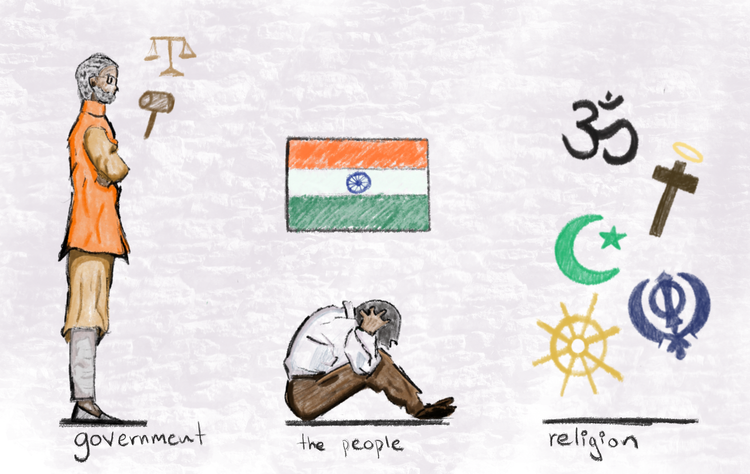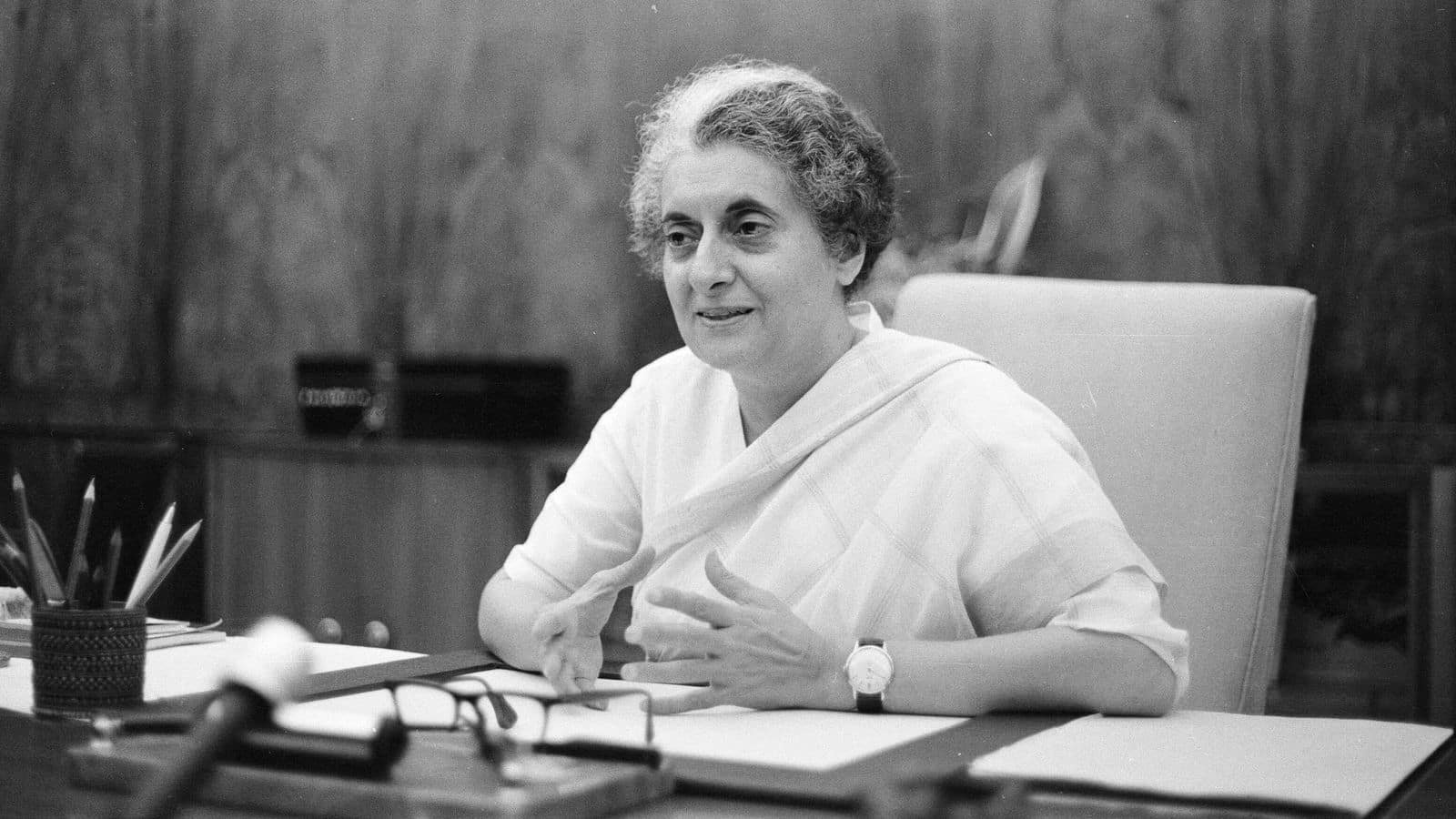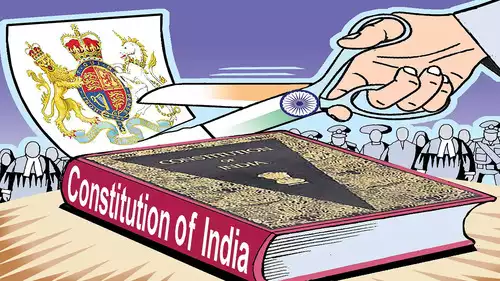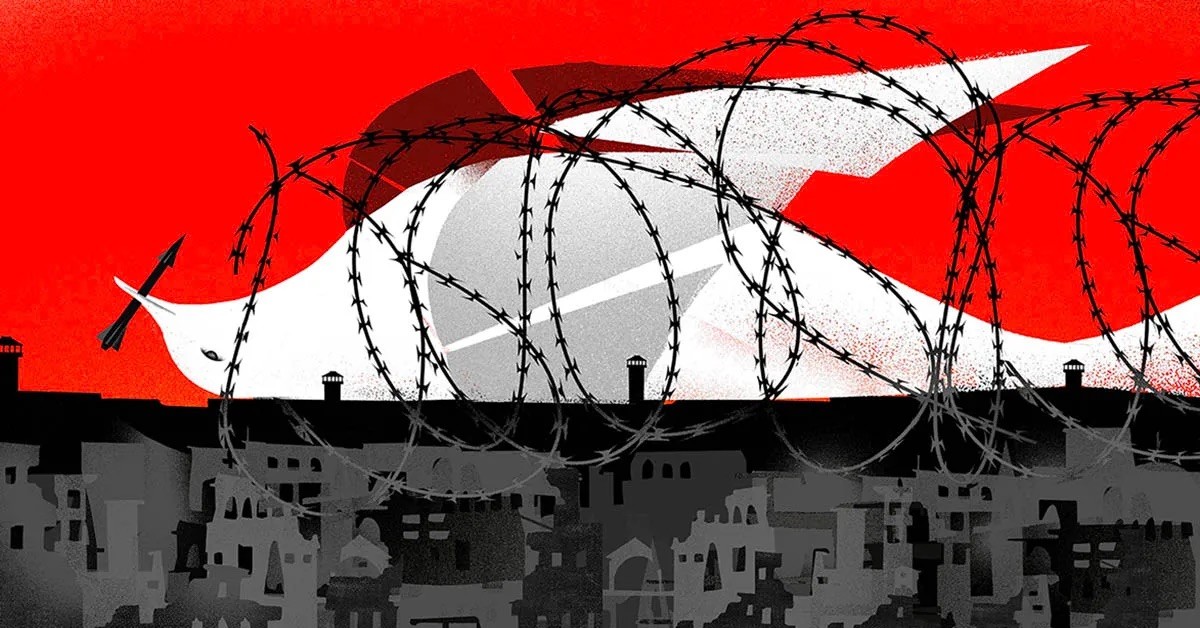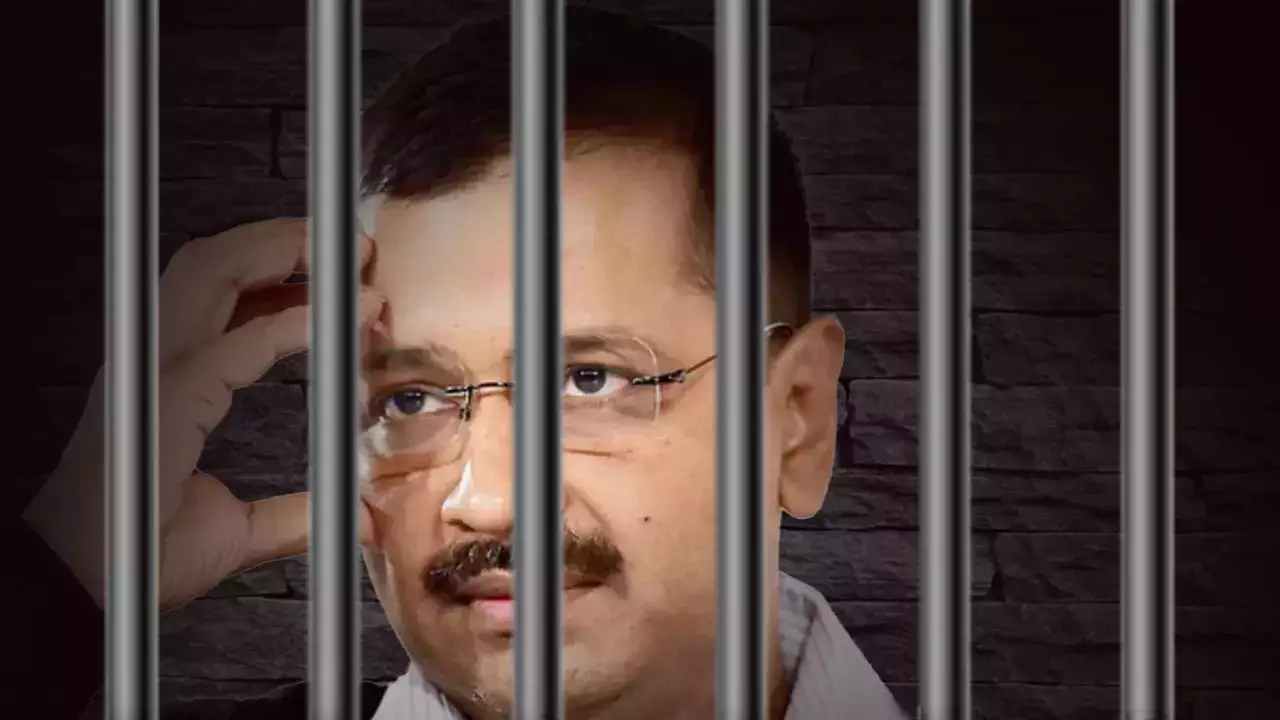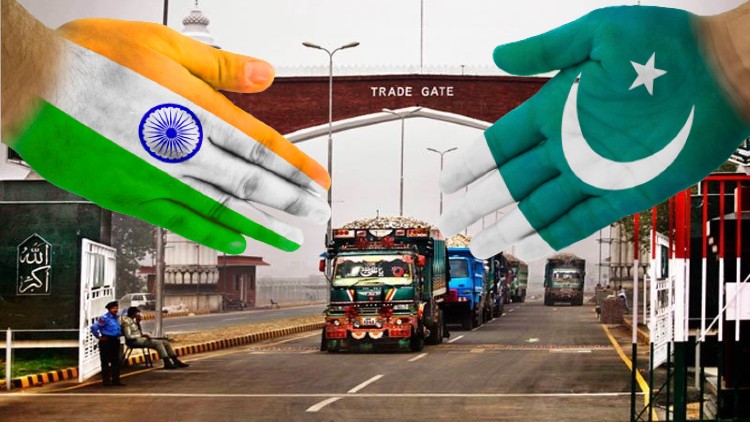Approximately one billion Indians will vote to choose the representatives for the 18th Parliament between April 19 and June 1. In an attempt to garner more than 400 seats, Prime Minister Narendra Modi has frequently brought up the divisive Hindu-Muslim controversy and has since taken back some of his words made in public.
In this politically sensitive atmosphere, statements from senior leaders of the Bharatiya Janata Party (BJP) and Rashtriya Swayamsevak Sangh (RSS) have raised worries. The fear behind these worries is that if the BJP were to win a two-thirds majority in Parliament, they may change the Constitution to create a “Hindu Rashtra.” Opponents contend that this kind of change would entwine politics and religion in a way reminiscent of “Islamic Republics,” where democracy is frequently threatened.
The Interplay of Religion and Politics
People use religion as a way to understand and communicate with the divine. It includes a sophisticated system of doctrine and customs maintained by religious leaders. These ideas have the power to unite people and control social behaviour, but they also provide religious leaders with tremendous social and political power. Interactions with social, economic, and academic elites are frequently impacted by this.
Religion has always had a dual function in society. Social reformers have made positive use of religious principles. More often than not, though, religious and political leaders have taken advantage of these beliefs to control people and organisations, advancing personal and political agendas for financial or political advantage.
The relationship between religion and hierarchies of power is seen in many different countries. There have been cases where influential people have used religious leaders as a means of support. On the other hand, religious leaders can also take direct control of politics, as seen by the revolution in Iran in 1979. Social leaders in India and other nations have frequently used divisive religious doctrine to further their political agendas and solidify their hold on power. In a People’s Republic, especially, this concentration of power based on religion feeds discord and is diametrically opposed to democratic ideals.
The Significance of Secularism
The necessity of keeping state and religion distinct was clearly understood by those who drafted the Indian Constitution. Article 25 ensures the freedom of religion; Article 15 forbids discrimination based on religion; and Article 51A(e) exhorts citizens to uphold concord and shared brotherhood notwithstanding religious differences. Even prior to the word “secular” being specifically inserted into the Preamble in 1976, these clauses identified secularism as a fundamental principle of the Constitution.
“We the People” have a crucial responsibility to ensure that future generations inherit a secular and democratic India at this crucial juncture. To maintain the unity and integrity of the country, it is essential to elect a government dedicated to promoting fraternity and preserving the democratic rights enshrined in Articles 15 and 25.
The Current Electoral Landscape
Early signs point to the National Democratic Alliance (NDA), led by the Bharatiya Janata Party (BJP), perhaps finding it difficult to win a two-thirds majority (363 seats) in Parliament after four of the seven voting phases have been completed. There have been questions regarding the Election Commission’s impartiality and efficiency, highlighted by its decision to share percentages rather than complete voting data in a timely manner.
In spite of these obstacles, a strong resistance in Parliament is expected if the NDA secures a simple majority. By preserving democracy for “We the People,” this scenario would guarantee that a variety of voices and viewpoints will always be influencing India’s destiny.
Moving Forward
The current elections are not just a political struggle; they also have significant implications for India’s secularism and democracy. The possibility of a “Hindu Rashtra” movement raises important concerns regarding the future course of the country. It emphasises how crucial it is for voters to be vigilant and actively involved to protect the values embodied in the Constitution.
In conclusion, India’s democratic and secular fabric will be significantly impacted by the decisions taken by its people at this crucial electoral juncture. This is an opportunity for “We the People” to recommit to the principles that have created India’s character and make sure that democracy and secularism continue to be the pillars of our community. To ensure an inclusive and peaceful future for all Indians, the way forward is to pick leaders who respect and preserve the fundamental guarantees of equality and freedom found in the constitution.
